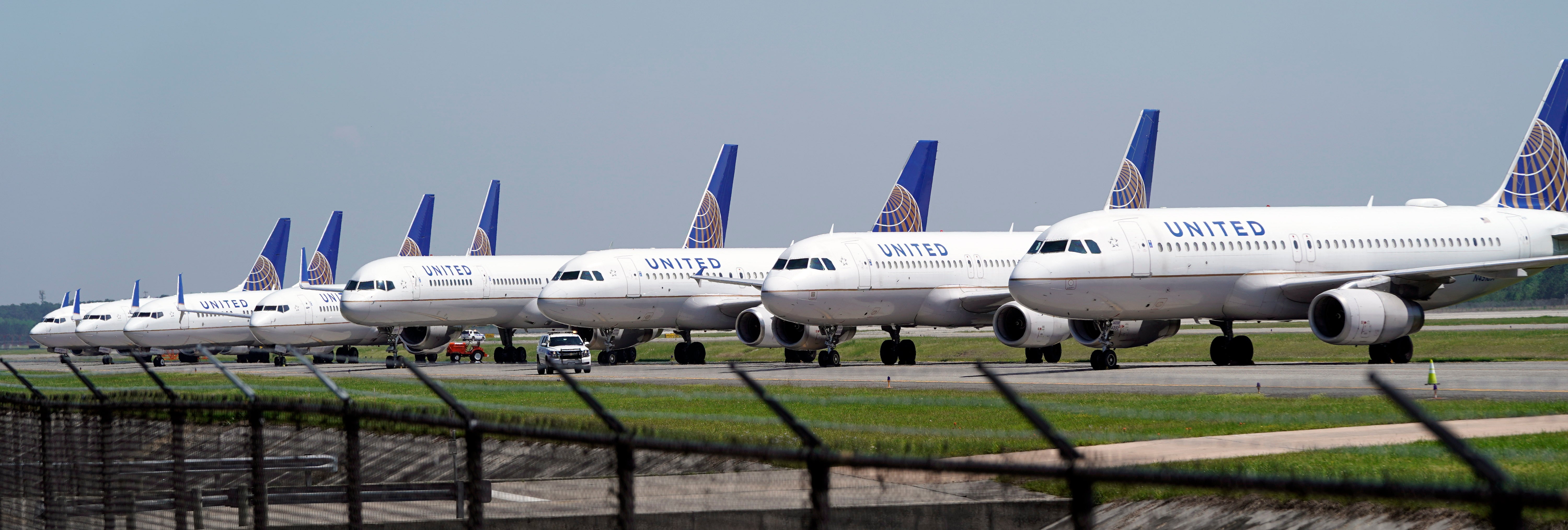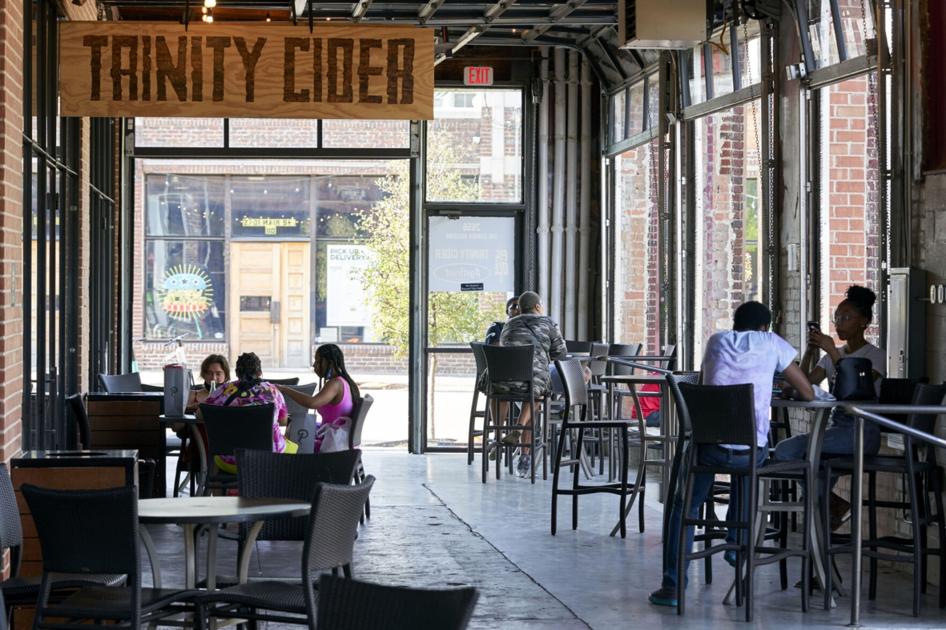
I am so old that I actually once took a "Comparative Economics" course, although it was taught at night by a semi-retired prof in his 80s.
These courses, which compared U.S. "free-enterprise" with French "indicative planning," Scandinavian socialism, Japanese tacit directions to industry from government ministries and other international economic approaches, were common in the 1950s and 1960s, but faded away after that.
Check out this next:
Robert Samuelson: Goodbye, readers, and good luck — you'll need it - The Washington Post

It's time to quit. Since coming to Washington in 1969 as a young reporter, I have written, by my crude calculation, about 2 million words, most of them columns for The Post, Newsweek and the National Journal. Some years ago, I promised myself that I wouldn't overstay my welcome: I would not continue my column simply because I could. I'm almost 75. If I haven't yet said what's on my mind, I never will.
Here are a few parting observations. As regular readers know, I write on the economy and its connection with society and politics. Over the years, I've explored dozens of subjects: recessions, inflation, executive pay, budget deficits, climate change, poverty, the welfare state, trade, taxes, aging, cybersecurity, China, the stock market — and many others.
Harvard Economist N.

In a recent New York Times column , prominent Harvard economist (and former Bush Administration Council of Economic Advisers Chair) N. Gregory Mankiw endorses the idea of paying people to take a Coronavirus vaccine, when it becomes available. The proposal was first presented by Robert Litan of the Brookings Institution. I commented on Litan's idea in this post (where I also suggested some modifications). Here is an excerpt from Mankiw's piece:
What's the best way to get the economy back on track after the Covid-19 recession? Simple: Achieve herd immunity. And what's the best way to achieve herd immunity? Again, simple: Once a vaccine is approved, pay people to take it.
Free exchange - Which is the best market model? | Finance & economics | The Economist

Editor's note: Some of our covid-19 coverage is free for readers of The Economist Today , our daily newsletter . For more stories and our pandemic tracker, see our hub
P OLITICAL ECONOMY is a discipline in which rigorous empirical testing is difficult. Scholars are rarely presented with the kind of naturally occurring experiments which crop up in other fields of economic inquiry, such as when one state increases its minimum wage while its neighbours do not. Covid-19 is different.
In case you are keeping track:
Italy Seeks Economic Rebirth With EU Coronavirus Recovery Money - WSJ
ROME—When European Union nations agreed this summer to set up a 750 billion euro economic recovery fund in response to the coronavirus pandemic, a major motivation was to avoid a lasting depression in Italy that could tear apart the euro.
United Airlines CEO warns economic woes will get worse without vaccine, new round of stimulus |

As the deadline looms for layoffs to begin across the airline industry, Congress remains at a stalemate over a new round of coronavirus stimulus .
* * *
"It was a remarkable bipartisan response really to rescue not just the aviation industry, but the whole economy back in March, an unprecedented bipartisan response," Kirby said in an interview on CBS' "Face the Nation." "But this is lasting longer and is deeper than most people thought back then. And our revenue, we just said, is going to be down 85% in the third quarter. And in a world like that, United Airlines and others come Oct. 1, without an extension of the CARES Act ...
Economic rebound becomes more fragile with U.S. aid on brink | Nation and World | nny360.com

America's economic rebound is about to get a lot tougher after an initial series of gains from the depths of the pandemic.
Applications for regular state unemployment benefits continue to number more than 800,000 each week and chances in Congress diminished for additional support for the jobless and businesses on Thursday. What's more, funding for the temporary supplemental jobless benefit payments authorized by President Donald Trump in early August is running out.
COMMENTARY: ‘Canada First’ might make for good politics, but it’s bad economics

It's a no-brainer that Canada would and should be the top priority right now for Canada's elected leaders. As such, there is likely plenty of fertile ground for a "Canada First" message.
Newly minted Conservative leader Erin O'Toole is clearly attuned to this. With the possibility of a fall election looming, O'Toole has been emphasizing his plans for a "Canada First" economic strategy.
* * *
Furthermore, there's good reason to be frustrated with the Chinese government at the moment, and the fact that we've had to rely on China for so much of our personal protective equipment (PPE) has been a source of frustration for many Canadians.
Happening on Twitter
Another experiment showing how influential Wikipedia is on the real world: Adding two paragraphs of text & nice pic… https://t.co/KteFtjEEzH emollick (from Philadelphia, PA) Sun Sep 13 16:53:49 +0000 2020
This little investigation tells us what we already know - Antifa are awkward and scared college know-it-alls who ha… https://t.co/sbolJaQllj WayneDupreeShow (from USAF Desert Storm/Shield Vet) Mon Sep 14 01:30:39 +0000 2020

No comments:
Post a Comment